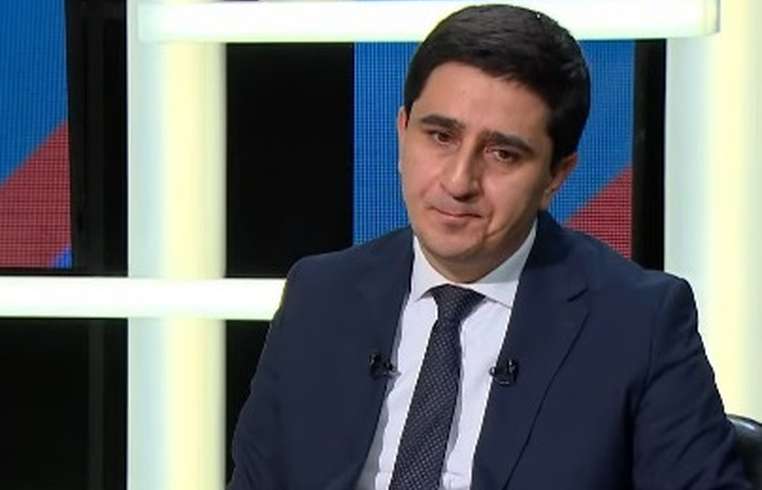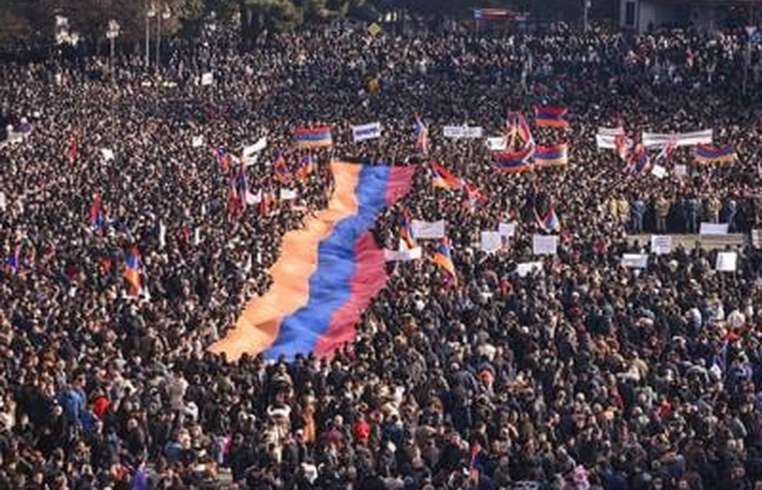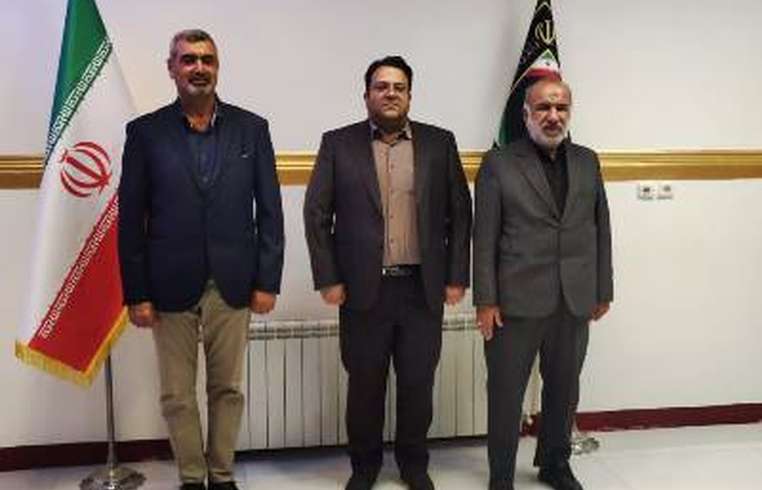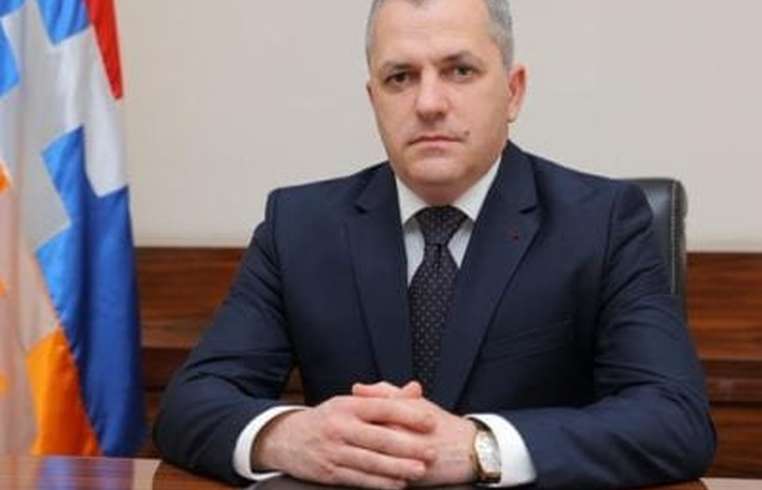
News - Will Russia’s Putin be arrested if he comes to Armenia?
Business Strategy
Will Russia’s Putin be arrested if he comes to Armenia?

Will Russian President Vladimir Putin be arrested if he decides to come to Armenia? In response to this question in an interview with the Public TV Company, Yeghishe Kirakosyan, the representative of Armenia's on international legal affairs, said that there is only one way to solve the problem. "The issue of immunity is controversial, as two different courts—the International Criminal Court and the International Court of Justice—have different approaches to the immunity of sitting presidents. At the time of the ratification of the Rome Statute [of the International Criminal Court], we [i.e. Armenia] were proposing to the Russian side to sign a bilateral agreement based on the articles of the statute, according to which, countries can have bilateral treaties by which they assume certain obligations and can be invoked to make exceptions. Such a proposal was forwarded to the Russian side back in April last year, then there were discussions before the ratification [of the Rome Statute by Armenia], but, unfortunately, the agreement could not be signed. I believe the best mechanism that will solve this problem is this. I hope that the [Armenian] MFA colleagues work in this direction with our Russian colleagues. I don't know any other better proposal that could be," Kirakosyan said. To the question whether the signing of the aforesaid agreement proposed by Armenia will enable Putin to come to the country without any problems, he responded that it will at least provide some legal basis for it. And to the remark that it turns out that, even in that case, there is no guarantee that Putin will not be arrested in Armenia, Kirakosyan did not give a clear response, and said that it would have been better if the aforementioned agreement were signed before Armenia’s ratification of the Rome Statute. "This is the only possible option to solve the problem after the ratification, there is no other option," said Kirakosyan, finding in difficult to say why the Russian side does not want to sign such an agreement with Armenia.






